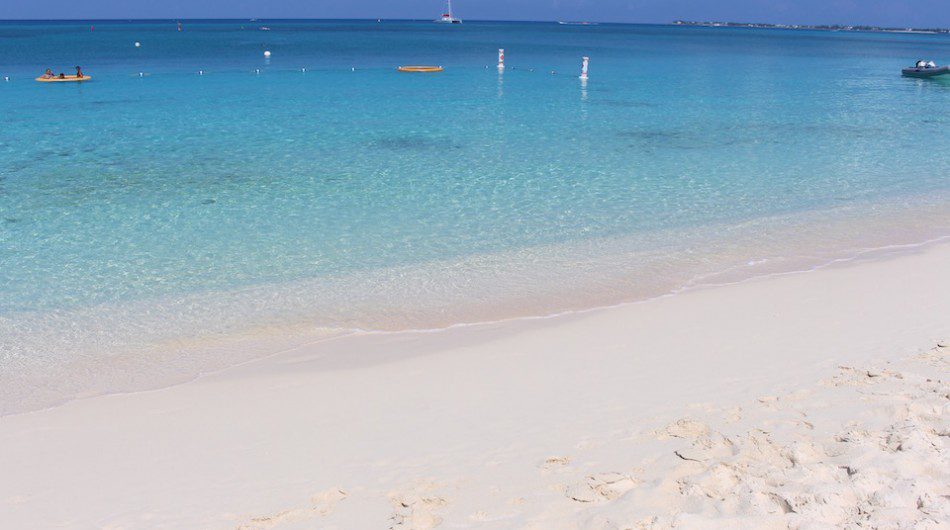It's worth considering a subject that's seldom discussed here, though it should be. What if Russia's intervention in Syria — its version of the American way of war (air power and more air power) — proves to be somewhere between quagmirish and disastrous? Dominic Tierney at the Atlantic gives the subject some thought. Here's the end of the resulting piece. TomDispatch

President Putin
“In other words, Putin’s war may very well fail. But if it does, will he make concessions and abandon his ally? If the Russian president acts rationally, he should cut his losses. Putin, however, may not act rationally. When I researched my book on military disaster, The Right Way to Lose a War, I was struck by how poorly governments tend to handle battlefield reversals. From the United States in Vietnam to the Soviet Union in Afghanistan, leaders often respond to defeat with disastrous decisions that only worsen their plight. Rather than coolly looking for a way out of the predicament, they rage against the dying of the light.”Part of the problem is what psychologists call “loss aversion.” Losing hurts twice as bad as winning feels good—whether in a tennis match or a war. The idea of accepting even a small loss can seem intolerable, and people are tempted to risk greater losses for a shot at the win. The gambler who drops 20 bucks in a casino doesn’t walk away; he doubles his bets. In a similar vein, the president who loses 1,000 soldiers in Vietnam doesn’t end the war; he sends half a million Americans into the mire.
Putin has repeatedly responded to the potential loss of client regimes with military force.
“It’s hard to imagine Putin accepting defeat. He has cultivated an image as the father of the Russian people, who is restoring the country as a world power. If Assad’s regime falls, Russia could lose its only military installation outside the former U.S.S.R.—the naval base in Tartus, Syria. Therefore, if the war effort collapses, Putin may want to salvage something from the wreckage, potentially moving the conflict into a dangerous new phase. He could intensify Russian air strikes or deploy “little green men”—as the Russian soldiers serving unofficially in eastern Ukraine were called. Once Russian troops start dying in Syria, all bets are off.”Putin, moreover, has repeatedly responded to the potential loss of client regimes with military force. In 2008, the Russian military intervened in Georgia to punish pro-Western Georgian President Mikheil Saakashvili and protect the independence of the breakaway Georgian territories of Abkhazia and South Ossetia. Six years later, in 2014, Putin aided Ukrainian rebels and annexed Crimea following the toppling of pro-Russian Ukrainian President Viktor Yanukovych. In late 2015, with Assad’s forces reeling, Putin once again intervened to stabilize a client regime.”And Putin has already raised the prospect of further military escalation, saying that Russia is using “far from everything we are capable of” in Syria and that “We also have other things as well and will use them if necessary.”
“What’s the solution? If Russia’s defeat could trigger hazardous escalation, this doesn’t mean a Russian victory is preferable. After all, if Assad somehow assumed a winning position, why would he negotiate a compromise peace that recognized the interests of all Syrian groups? Instead, the optimal opportunity for a peace deal may be a situation in which Putin believes a decisive triumph is not possible, but he can still save face by spinning the outcome as a success. In other words, he needs a story to tell the Russian people about the positive results of the mission. This narrative doesn’t need to be true, but it does need to havetruthiness, or a seeming plausibility. And so, to get Putin out of Syria, the United States might need to play along by avoiding boastful claims of a major Russian debacle. In 1989, after the Berlin Wall fell, U.S. President George H.W. Bush deliberately refused to declare the development a win—to avoid complicating the life of Soviet Premier Mikhail Gorbachev.
“Putin needs a victory speech. And Washington may have to help him write it.” More
 This image made available by the National Oceanic and Atmospheric Administration on December 17, 2015 shows warmer- or cooler-than-normal temperatures around the world for January through November 2015. If governments are serious about the global warming targets they adopted in Paris, scientists say they have two options: eliminating fossil fuels immediately or finding ways to undo their damage to the climate system in the future. The first is politically impossible — the world is still hooked on using oil, coal and natural gas — which leaves the option of a major clean-up of the atmosphere later this century.
This image made available by the National Oceanic and Atmospheric Administration on December 17, 2015 shows warmer- or cooler-than-normal temperatures around the world for January through November 2015. If governments are serious about the global warming targets they adopted in Paris, scientists say they have two options: eliminating fossil fuels immediately or finding ways to undo their damage to the climate system in the future. The first is politically impossible — the world is still hooked on using oil, coal and natural gas — which leaves the option of a major clean-up of the atmosphere later this century. 

 Incoming Chairman of CARICOM, the Hon. Dean Barrow, Prime Minister of Belize
Incoming Chairman of CARICOM, the Hon. Dean Barrow, Prime Minister of Belize 
